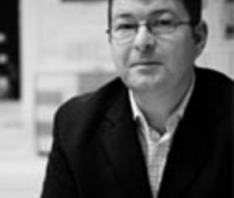Journalism in the dock: The first month of the hacking trial
It has been a month since the News of the World phone hacking trial started in London and in this cross-posting from The Conversation UK director of undergraduate studies for journalism at Cardiff University John Jewell looks at what has come out so far.
 When Justice John Saunders opened what has been called the “trial of the century” he told the jury: “In a way, not only are the defendants on trial, but British justice is on trial.”
When Justice John Saunders opened what has been called the “trial of the century” he told the jury: “In a way, not only are the defendants on trial, but British justice is on trial.”
To say the defendants in the case are prominent in the world of journalism would be an understatement of gigantic proportions.
Charged with conspiring with others at The Sun, where she was editor, to intercept communications by listening to mobile phone messages, plus two further counts of allegedly making corrupt payments to public officials and two final accusations that she allegedly conspired to pervert the course of justice by removing and concealing evidence is Rebekah Brooks, former chief executive of News International, former editor of the News of the World and The Sun and, famously, a close friend of David Cameron.

